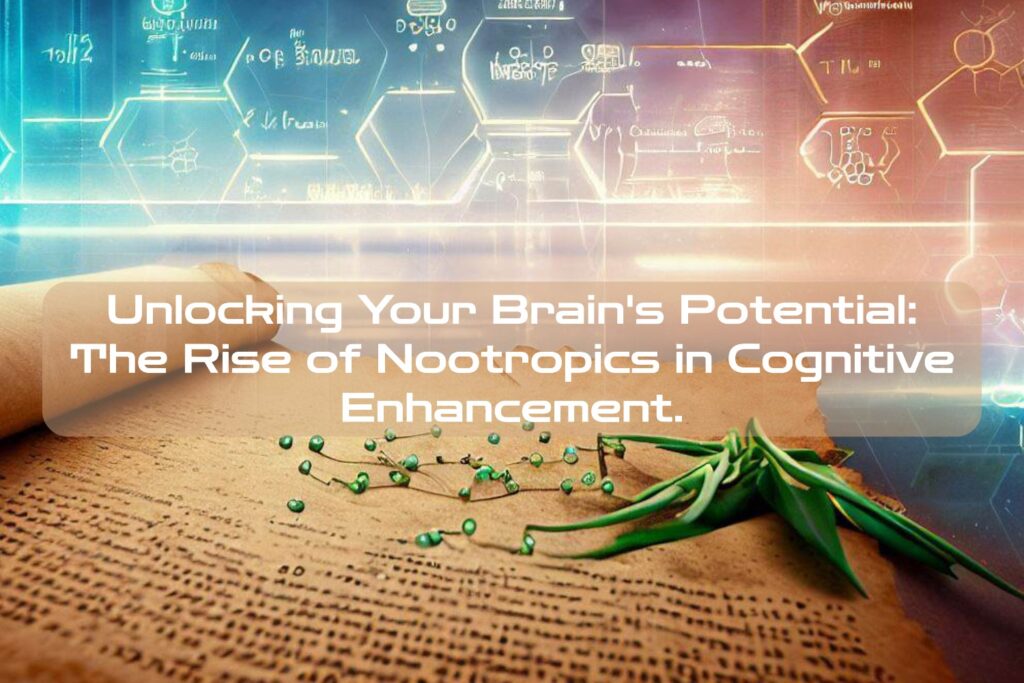The Rise of Nootropics: Cognitive Enhancement in a Pill
In today’s fast-paced and competitive world, people are constantly looking for ways to improve their cognitive function and gain an edge in their personal and professional lives. This has led to the rise of nootropics – cognitive enhancing supplements that promise to boost brain function, memory, focus, and overall mental performance.
Nootropics come in various forms, including pills, powders, and drinks. They are marketed as safe and effective alternatives to prescription drugs like Adderall or Ritalin without the negative side effects.
Definition of Nootropics
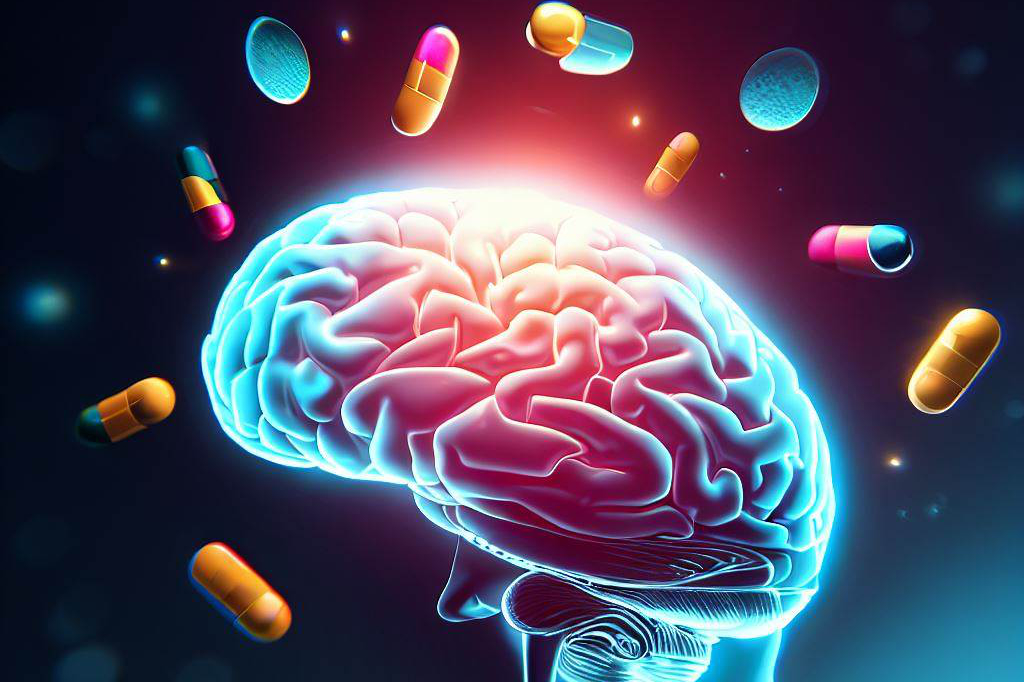
The term “nootropic” was first coined by Dr. Corneliu Giurgea in 1972. He defined nootropics as compounds that enhance learning and memory while being safe and non-toxic. The word is derived from the Greek words “nous,” meaning mind, and “trepein,” meaning bend or turn.
Today, nootropics are commonly referred to as smart drugs or cognitive enhancers. They include a variety of natural substances, like
- herbs,
- amino acids,
- vitamins,
- minerals
as well as synthetic compounds developed specifically for cognitive enhancement purposes.
Brief history of Nootropics

The use of cognitive-enhancing substances has been around for centuries. Ancient cultures used herbs like ginkgo biloba and bacopa monnieri for their purported memory-boosting properties. In the 20th century, scientists began studying the effects of various substances on brain function more extensively.
This led to the development of piracetam – a synthetic compound that was later classified as a nootropic by Dr. Giurgea. Since then, numerous other nootropics have been developed through extensive research on how they can improve cognitive function and enhance mental performance.
Importance of cognitive enhancement in today’s world

In today’s society, success is often measured by one’s ability to perform well in academic or professional settings. This has led to an increased demand for ways to improve cognitive function and boost mental performance.
Nootropics offer a promising solution for those seeking to improve their cognitive abilities, memory retention, and focus without resorting to prescription drugs that may come with negative side effects or addiction risks. As the demand for nootropics continues to grow, it is essential to understand their mechanisms of action, potential benefits, and risks before incorporating them into one’s daily routine.
The Science behind Nootropics
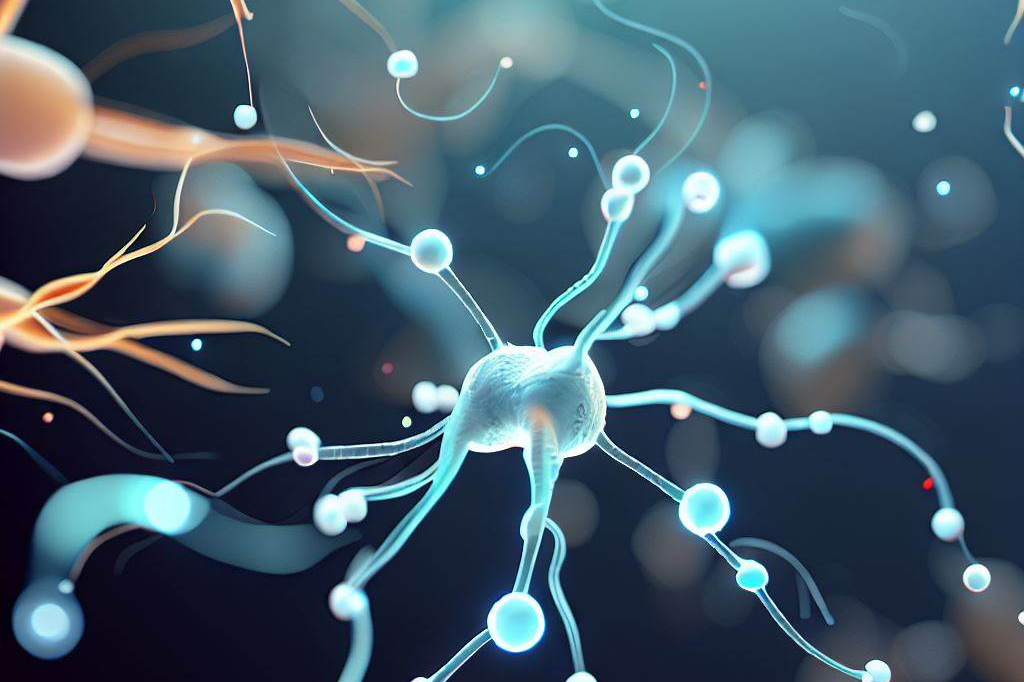
Nootropics have become increasingly popular in recent years, but what exactly are they and how do they work? According to the widely accepted definition, nootropics are drugs or supplements that improve cognitive function without causing significant side effects. They support brain health by enhancing attention, focus, memory, motivation, and other mental processes.
How do Nootropics work?
The exact mechanism of action of nootropics is not fully understood yet. However, most researchers believe that they affect various neurotransmitters and receptors in the brain. Neurotransmitters are chemicals that carry messages from one nerve cell to another.
Some of the common neurotransmitters involved in cognitive function include
- acetylcholine,
- dopamine,
- serotonin,
- and glutamate.
Nootropics can interact with these neurotransmitters by increasing their production, blocking their breakdown or reuptake, or modulating their binding sites.
For example, some nootropics enhance cholinergic transmission by inhibiting acetylcholinesterase enzymes that degrade acetylcholine. This leads to increased availability of this important neurotransmitter that is involved in learning and memory processes.
Types of Nootropics and their mechanisms

There are several types of nootropics available on the market today with different mechanisms of action. The most common ones include:
– Racetams: This class includes drugs such as piracetam and oxiracetam that enhance glutamate activity.
– Cholinergics: These drugs increase acetylcholine levels in the brain. Examples include alpha-GPC and Huperzine A.
– Adaptogens: These herbs help to reduce stress levels and promote relaxation. Examples include Rhodiola Rosea.
– Stimulants: These drugs increase wakefulness and alertness by stimulating dopamine release in the brain. Examples include caffeine and modafinil.
Effects on brain function and cognition
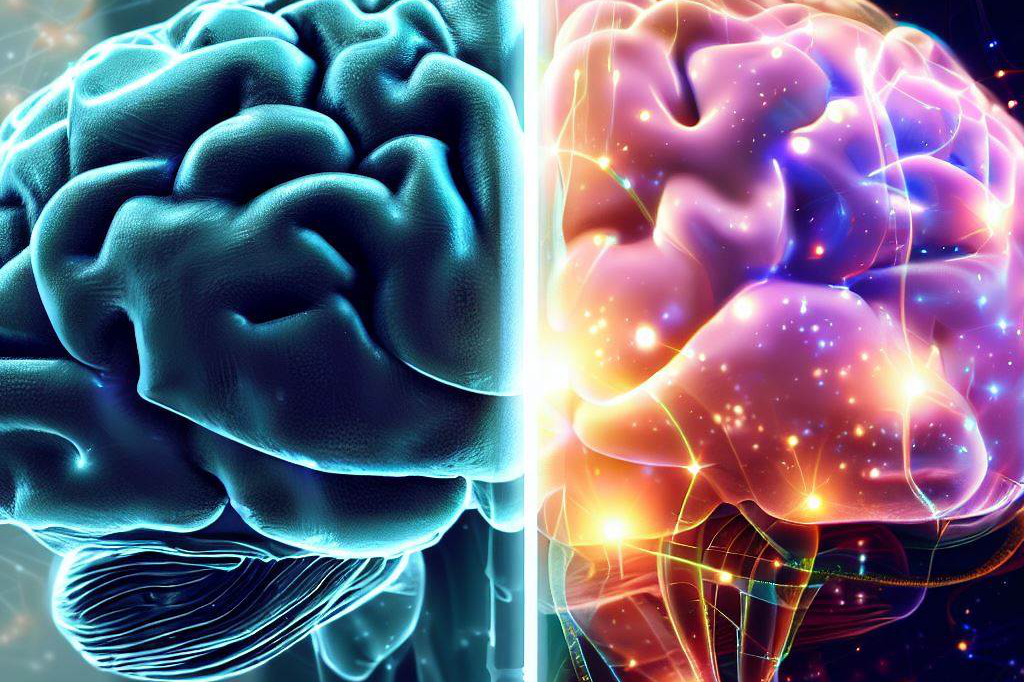
Nootropics have been shown to improve various aspects of cognitive function in both healthy individuals and those with cognitive impairments.
In healthy people, nootropics can enhance
- memory consolidation,
- attentional control,
- creativity,
- and mental flexibility.
They may also help with learning new information faster and retain it for longer periods.
For those with cognitive decline or disorders, nootropics may slow down the progression of the disease or alleviate some symptoms. For example, cholinesterase inhibitors such as donepezil are used to treat Alzheimer’s disease by increasing acetylcholine levels in the brain and improving cognitive function.
Although the exact mechanisms through which nootropics work are not fully understood yet, their effects on brain function and cognition have been well documented. With a variety of types available on the market today, it is important to choose a reputable source before trying out any new supplement or drug.
Popular Nootropic Supplements

Nootropic supplements have been gaining popularity in recent years, with a wide variety of options available on the market. Here are some of the most popular nootropic supplements and their effects on cognitive function:
Piracetam
Piracetam is one of the oldest and most well-known nootropics. It works by increasing blood flow and oxygen to the brain, which can improve memory, concentration, and learning ability. Piracetam is also known to have neuroprotective properties that may help prevent age-related cognitive decline.
Modafinil
Modafinil is a prescription drug that is commonly used to treat sleep disorders like narcolepsy. However, it has also gained popularity among students and professionals as a cognitive enhancer. Modafinil works by increasing dopamine levels in the brain, which can improve motivation, focus, and attention span.
Alpha-GPC
Alpha-GPC is a naturally occurring compound that is found in high concentrations in human breast milk. It has been shown to increase acetylcholine levels in the brain, which can improve memory formation and recall. Alpha-GPC has also been shown to have neuroprotective properties and may help prevent age-related cognitive decline.
Benefits, Risks, and Side Effects
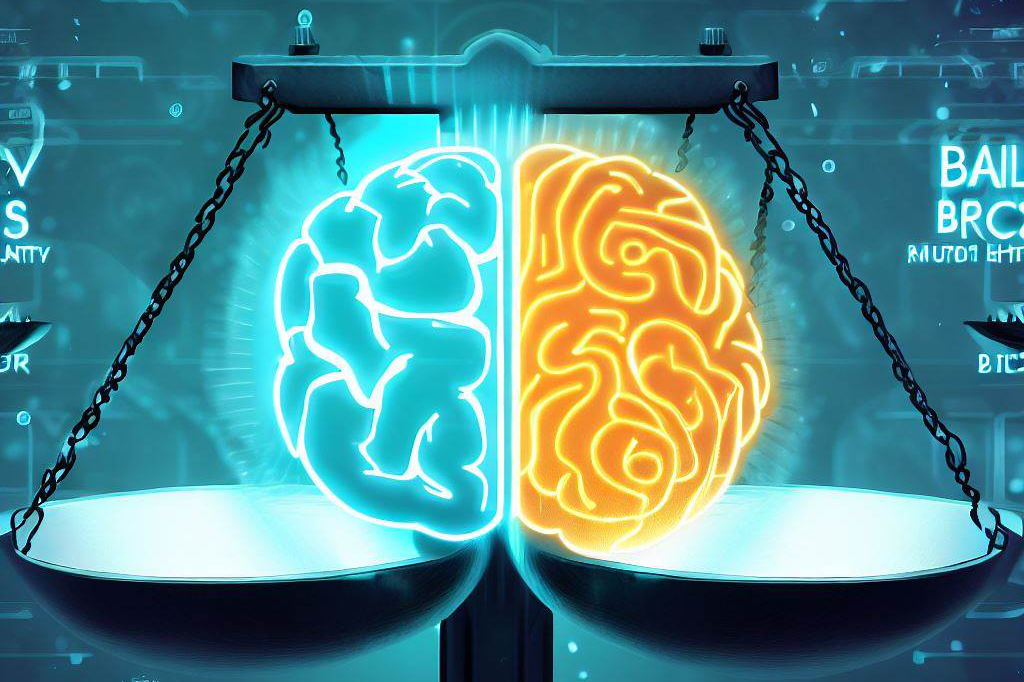
While nootropics offer potential benefits for improving cognitive function, they also come with risks and side effects that users should be aware of.
Some potential benefits of using nootropics include
- improved memory retention and recall abilities;
- increased focus, motivation, and productivity;
- enhanced creativity;
- reduced anxiety;
- better sleep quality;
- improved mood;
- increased energy levels;
- faster reaction times;
- enhanced sensory perception.
However, there are also potential risks associated with using nootropics.
These include
- addiction or dependence, as some supplements can be habit-forming and lead to withdrawal symptoms if use is discontinued;
- overdose or toxicity, particularly with higher doses or combinations of supplements;
- interactions with other medications or health conditions, which may exacerbate existing medical conditions.
Some common side effects of nootropics include
- headaches,
- nausea,
- gastrointestinal distress,
- anxiety,
- insomnia,
- jitteriness,
- racing thoughts.
It’s important for individuals considering using nootropics to carefully research each supplement and consult with their healthcare provider before beginning use.
Dosage Recommendations

Dosage recommendations for nootropic supplements can vary widely depending on the individual supplement and the user’s specific needs.
It’s important to carefully follow dosage instructions provided by the manufacturer or healthcare provider.
Some general guidelines for safe use of nootropic supplements include
- starting with a low dose and gradually increasing over time;
- avoiding combining multiple supplements at once without consulting a healthcare provider;
- monitoring any changes in mood or behavior while using nootropics;
- staying well-hydrated while using stimulant-based supplements like caffeine or modafinil.
Overall, nootropic supplements offer potential benefits for improving cognitive function and enhancing overall well-being. However, it’s important for users to carefully consider the risks and side effects associated with each supplement before beginning use.
The Rise of Nootropic Culture

Why are people turning to nootropics?
In today’s fast-paced, highly competitive world, many individuals are looking for ways to enhance their cognitive abilities and gain a competitive edge. This has led to the rise in popularity of nootropics, also known as “smart drugs”. Nootropics are believed to improve memory, focus, creativity, motivation, and overall brain function.
Many people turn to nootropics as a way to overcome mental fatigue and increase productivity. Another reason why people are turning to nootropics is due to their perceived safety compared to other cognitive-enhancing substances such as caffeine or prescription medication.
Many nootropics are considered relatively safe with few side effects when taken at recommended dosages. Additionally, many individuals prefer using natural supplements over synthetic drugs.
The impact on society and culture

The growing popularity of nootropics is having a significant impact on society and culture. As the use of these supplements becomes more widespread, there is an increasing demand for information about their safety and effectiveness. Some experts warn that the use of nootropics could contribute to a culture of performance enhancement that values productivity over well-being.
On the other hand, supporters argue that the use of cognitive-enhancing supplements could lead to greater creativity and innovation. They believe that if more people have access to these supplements, it could lead to breakthroughs in science, technology, and other fields.
Societal Ethical considerations

The use of cognitive-enhancing substances raises several ethical questions, such as fairness in competition and potential long-term health effects. For example, if only certain individuals have access to or can afford these supplements, it creates an unfair advantage in academic or professional settings. Moreover, there is limited research on the long-term effects of some nootropic substances, and the potential risks of long-term use are not yet fully understood.
Therefore, it is essential to consider the long-term impact of these supplements on individuals and society as a whole. The rise of nootropic culture shows that people are searching for ways to enhance their cognitive abilities and gain a competitive advantage in today’s fast-paced world.
The use of these supplements has significant implications for society, including ethical considerations that should be carefully considered. With more research into the effectiveness and safety of these substances, it is possible that nootropics could play a role in enhancing productivity and creativity while minimizing potential harm.
The Future of Cognitive Enhancement
Unlocking the Potential for New Developments
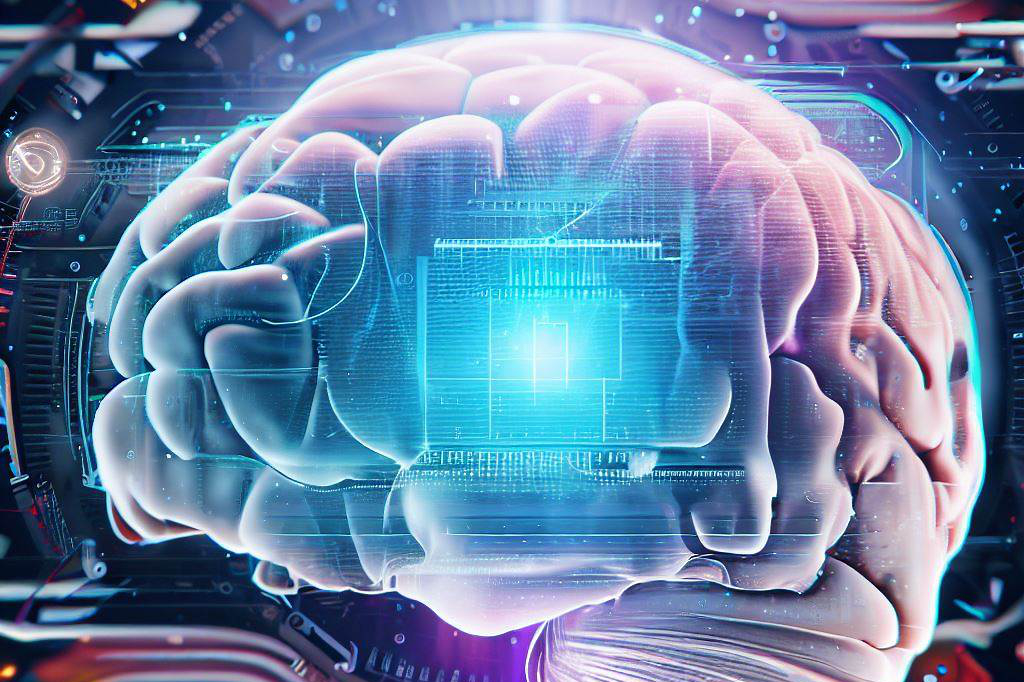
As technology continues to advance, so too will the field of cognitive enhancement. With new methods for improving brain function constantly being developed, it is likely that we will see a wide range of new nootropic supplements and other cognitive enhancers hit the market in the coming years.
These could include everything from more targeted or specialized supplements to brain-computer interfaces and other high-tech devices designed to improve cognitive function. One area of development that shows particular promise is neuroplasticity – the ability of the brain to adapt and change over time.
Researchers are exploring ways to harness this natural process in order to enhance memory formation, boost creativity, and improve overall cognitive performance. By leveraging cutting-edge techniques such as stimulation and modulation of neural circuits, scientists are working towards unlocking even greater potential for human intelligence.
The Role of Technology in Enhancing Cognitive Function

Advancements in technology have already played a significant role in shaping the landscape of cognitive enhancement today – from the rise of smart drugs like Modafinil and Adderall to wearable devices like Fitbit that can track our sleep patterns and physical activity levels. But as we move deeper into a world dominated by digital tools and technologies, it is clear that there will be even more opportunities for technology-assisted cognitive enhancement.
For example, virtual reality (VR) has been shown to have a positive impact on brain function – enhancing memory recall, improving focus, and even promoting empathy. As VR becomes more widely adopted as a tool for education and entertainment alike, it is possible that this technology could also become an important asset for those seeking to enhance their cognitive abilities.
Individual Ethical Implications & Concerns

There are concerns about the long-term effects of using nootropics on brain health as well as potential side effects such as addiction or a heightened risk of stroke or heart attack. These issues will need to be carefully considered by researchers, policymakers, and consumers alike in order to ensure that cognitive enhancement is used responsibly, safely, and equitably.
Final Thoughts on the Rise of Nootropics as a Means for Cognitive Enhancement

While nootropics offer a promising avenue for those seeking improved cognitive performance, it is important to approach their use with caution. They are not a replacement for healthy lifestyle habits such as regular exercise and good nutrition, and should only be used under the guidance of a healthcare professional.
As with any emerging trend, it will be important to continue monitoring the impact of nootropics on society and to carefully consider the ethical implications of performance enhancement. With responsible use and further research, nootropics may offer valuable benefits for those seeking to improve cognitive function in a safe and effective manner.

C M, a seasoned editor, journalist, and consultant, is deeply fascinated by the convergence of technology, space, and the future of humanity.
With a particular interest in transhumanism, futurology, and the philosophical and ethical dimensions of these domains, C M serves as the lead contributor to TranscendSphere and SpaceSpotlight.
When not penning insightful articles on these rapidly evolving fields, C M indulges in their love for podcasts and books, proudly embracing their status as a ‘Happy Nerd Extraordinaire!’

